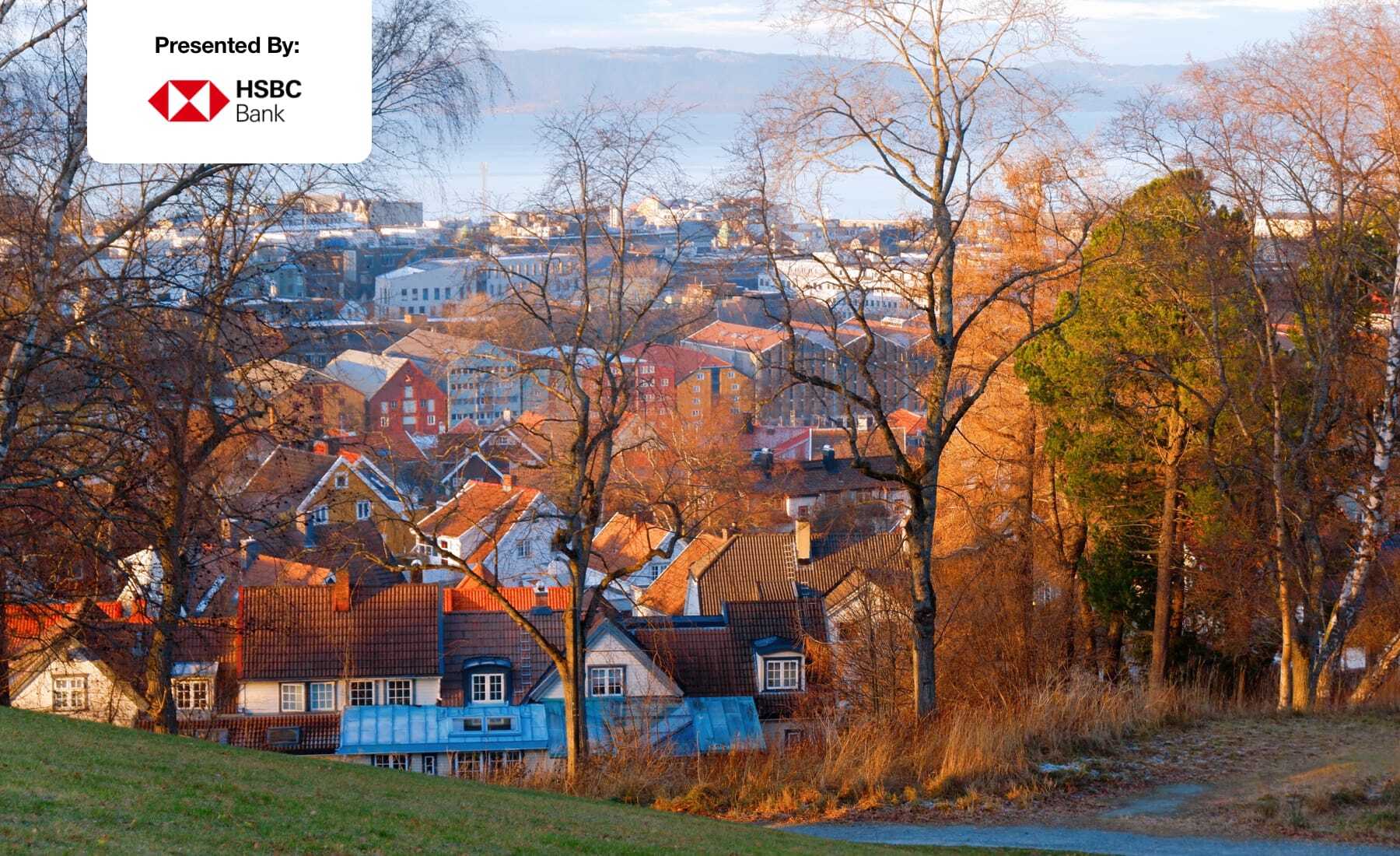Where to buy real estate in 2020: Top 35 cities
Strong economic fundamentals helped Guelph, Ont., top the MoneySense Where to buy now ranking. Plus, despite the value found in Guelph’s real estate, average home prices are still less than $530,000.
Advertisement
Strong economic fundamentals helped Guelph, Ont., top the MoneySense Where to buy now ranking. Plus, despite the value found in Guelph’s real estate, average home prices are still less than $530,000.

Affiliate (monetized) links can sometimes result in a payment to MoneySense (owned by Ratehub Inc.), which helps our website stay free to our users. If a link has an asterisk (*) or is labelled as “Featured,” it is an affiliate link. If a link is labelled as “Sponsored,” it is a paid placement, which may or may not have an affiliate link. Our editorial content will never be influenced by these links. We are committed to looking at all available products in the market. Where a product ranks in our article, and whether or not it’s included in the first place, is never driven by compensation. For more details, read our MoneySense Monetization policy.
Share this article Share on Facebook Share on Twitter Share on Linkedin Share on Reddit Share on Email
The Niagara numbers seem very low based on current market conditions. Fort Erie within Niagara saw average home prices go from $175000 to $400000 in the last 5 years. Other areas not as high of a percentage increase but certainty positive over that timeframe.
I think there is an error in the Moncton N.B. average house price. You have it as $$468,504. CREA>housing market stats.greater moncton realtors specify the MLS Home Price Index at $197,600 in April 2020. And that is a 9% increase from a year ago. I live in Moncton. The MLS numbers are correct. Could you correct the info as it likely affects Moncton’s rating? And can you email me to confirm the correction has been done, so I can use this survey? Thanks so much
Heidi,
Thanks
for letting us know. We will update this as soon as we can. Our goal is to have the most up-to-date information. We do our best to fact check all our content before it gets published and make updates regularly, but some things may get missed. We would like
to remind our readers to do their own fact checking before making any personal finance decisions.
Also, the average month’s inventory was 4.2 months in May 2020, the lowest in 15 years.
Hi
Which areas can give return alike Niagara
Response from the MoneySense editorial team:
Hi Gs, thanks for asking.
Due to the large volume of comments we receive, we regret that we are unable to respond directly to each one. We invite you to email your question to Ask@MoneySense.ca,
where it will be considered for a future response by one of our expert columnists. For personal advice, we suggest consulting with your financial institution or a qualified advisor.
Where is Oakville and Burlington? They are considered as the best places to live regularly in your publication. I like to know how they rank. Thanks
I think MoneySense has missed the mark a touch on their figures as the article under estimates the average sale price of a residential home in Guelph. As of August 2020, the average price of a residential home in the City of Guelph is $647,817. For accurate market information, consult a local real estate sales representative.
Adam Stewart
Guelph & Area Real Estate Sales Representative
Chestnut Park West
http://www.adamstewart.realtor
Pretty clear you missed the boat on Kamloops entirely here.
+9% over 2019
Can you please explain what the “Time to buy” and “5-year dollar appreciation”?
Due to the large volume of comments we receive, we regret that we are unable to respond directly to each one. We invite you to email your question to Ask@MoneySense.ca, where it will be considered for a future response by one of our expert columnists. For personal advice, we suggest consulting with your financial institution or a qualified advisor.
So, buying a property for investment is not really worth in Ottawa? Based on the 5 year dollar appreciation? Did I get that right?